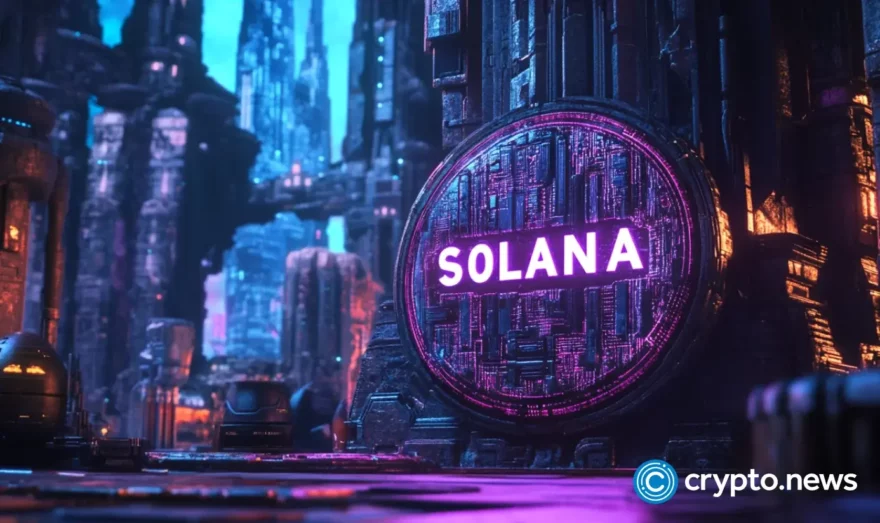US Treasury challenged over Tornado Cash sanctions

In a bid to reverse sanctions against Ethereum’s privacy service, Tornado Cash, plaintiffs question the U.S. Department of Treasury’s interpretation of property rights in smart contracts and the application of the first amendment’s free speech clause.
In a fresh legal development, the U.S. Department of Treasury is confronted with a lawsuit pertaining to sanctions levied against ethereum mixing service, Tornado Cash.
The plaintiffs argue that the case focuses on ensuring the Treasury’s adherence to fundamental principles of the International Emergency Economic Powers Act (IEEPA) and the Free Speech Clause of the First Amendment, rather than devising unique regulations for emerging technologies.
Paul Grewal, Coinbase‘s Chief Legal Officer, offered a succinct summary of these arguments on Twitter, pointing out a core issue: the government’s attempt to prohibit open-source software using property sanctions legislation.
Tornado Cash, a privacy-centric service on the ethereum blockchain, provides anonymity to its users by obfuscating individual transactions. However, in 2022, the Treasury’s Office of Foreign Assets Control (OFAC) added the service to its Specially Designated Nationals and Blocked Persons (SDC) list, thereby sanctioning Ethereum wallets associated with Tornado Cash.
U.S. regulators assert that Tornado Cash has facilitated the laundering of over $7 billion since its launch in 2019, with malicious actors, including North Korean hackers, allegedly benefiting from this service. This prompted a swift lawsuit, supported by Coinbase, contesting the sanctions imposed on Tornado Cash.
The legal battle centers on four key points. First, the plaintiffs challenge the Treasury’s assertion that any holder of TORN, Tornado Cash’s digital token, is automatically deemed part of the “Tornado Cash” entity. Grewal remarked on this point, stating that the claim lacks both legal and factual credibility.
The second point of contention revolves around the Treasury’s inability to clarify how the immutable, open-source smart contracts mentioned in the designation qualify as “property,” considering they cannot be owned, controlled, or altered.
This leads to the third point of contention, as Grewal elucidated, that neither the creators, developers, nor owners of TORN tokens hold a “property interest” in these immutable smart contracts.
The plaintiffs’ filing explains, “In trying to identify such an interest, the Department solely relies on assumptions that the alleged Tornado Cash entity has stakes in something apart from the immutable smart contracts or would potentially profit from increased utilization of the immutable smart contracts.
However, neither constitutes an ‘interest’ in property in the immutable smart contracts, as mandated by the IEEPA.”
The outcome of this lawsuit may set a crucial precedent, with implications not only for the rapidly growing cryptocurrency industry but also for future government regulation in the sphere of digital technology.
















